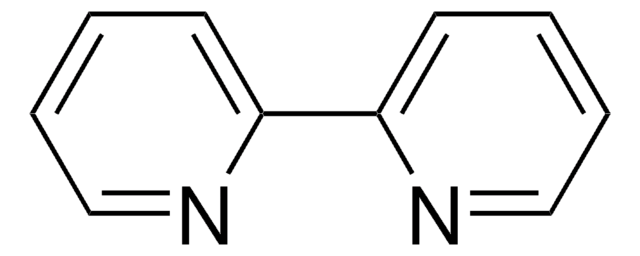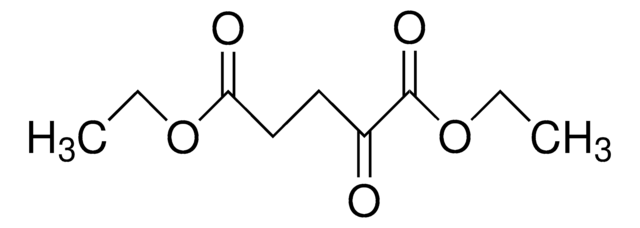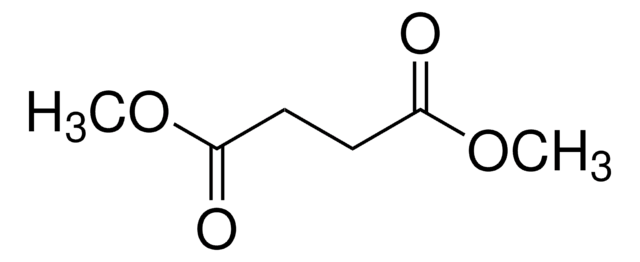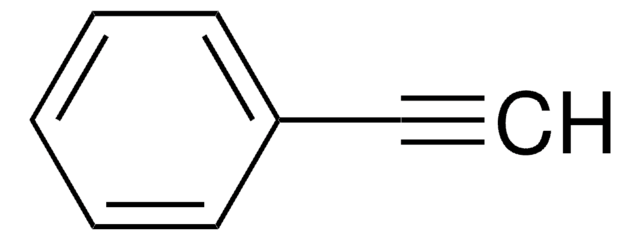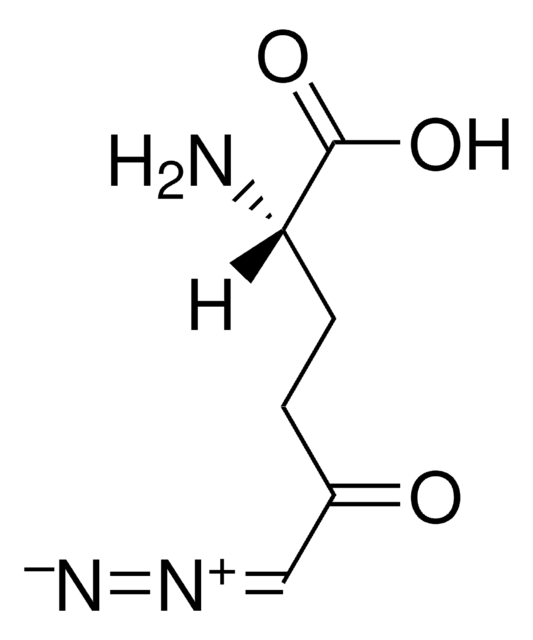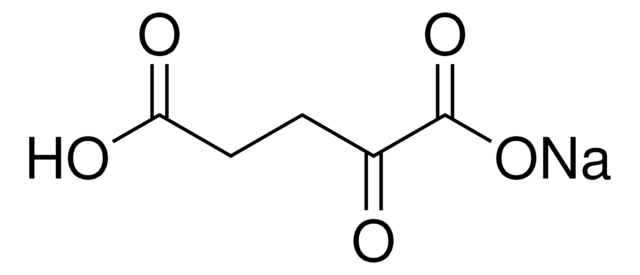349631
Dimethyl 2-oxoglutarate
96%
Synonyme(s) :
Dimethyl α-ketoglutarate
About This Item
Produits recommandés
Pureté
96%
Forme
liquid
Indice de réfraction
n20/D 1.439 (lit.)
Point d'ébullition
90-95 °C/0.4 mmHg (lit.)
Densité
1.203 g/mL at 25 °C (lit.)
Chaîne SMILES
COC(=O)CCC(=O)C(=O)OC
InChI
1S/C7H10O5/c1-11-6(9)4-3-5(8)7(10)12-2/h3-4H2,1-2H3
Clé InChI
TXIXSLPEABAEHP-UHFFFAOYSA-N
Catégories apparentées
Description générale
Application
Code de la classe de stockage
10 - Combustible liquids
Classe de danger pour l'eau (WGK)
WGK 3
Point d'éclair (°F)
Not applicable
Point d'éclair (°C)
Not applicable
Équipement de protection individuelle
Eyeshields, Gloves
Certificats d'analyse (COA)
Recherchez un Certificats d'analyse (COA) en saisissant le numéro de lot du produit. Les numéros de lot figurent sur l'étiquette du produit après les mots "Lot" ou "Batch".
Déjà en possession de ce produit ?
Retrouvez la documentation relative aux produits que vous avez récemment achetés dans la Bibliothèque de documents.
Les clients ont également consulté
Articles
Sigma-Aldrich presents an article about how proliferatively active cells require both a source of carbon and of nitrogen for the synthesis of macromolecules. Although a large proportion of tumor cells utilize aerobic glycolysis and shunt metabolites away from mitochondrial oxidative phosphorylation, many tumor cells exhibit increased mitochondrial activity.
Notre équipe de scientifiques dispose d'une expérience dans tous les secteurs de la recherche, notamment en sciences de la vie, science des matériaux, synthèse chimique, chromatographie, analyse et dans de nombreux autres domaines..
Contacter notre Service technique

